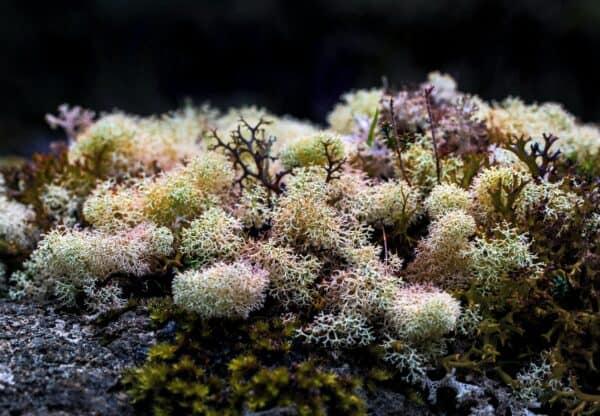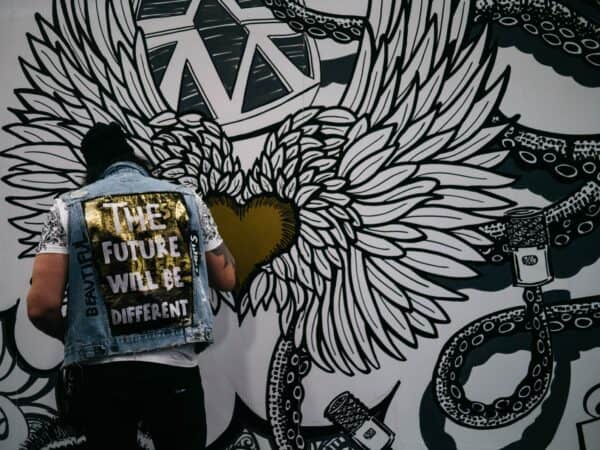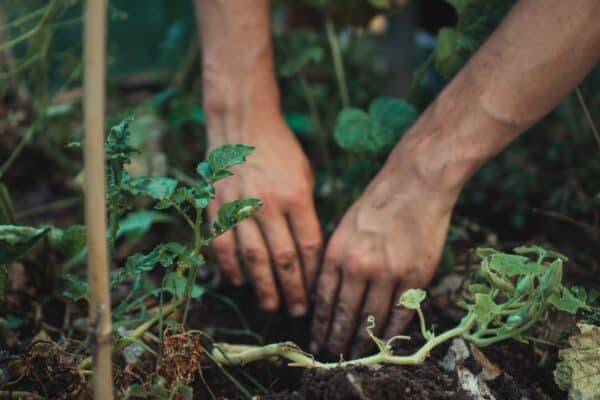A version of this blog was published in its orignial form on the Regenerators platform on December 1st 2022.
As part of the NURTURING we offer in Wish Tree, we collaborate with leading-edge changemakers from around the world to create, or strengthen high-impact, creative offers.
Since November 2022, I have had the honour and privilege of working closely with Global Changemaker and pioneer regenerative thinker Laura Storm. Laura is the co-author of the widely acclaimed book Regenerative Leadership – the DNA of Life-Affirming 21st Century Organisations, and founder of several successful startups in the field of sustainability and regeneration, including Regenerators Academy, which enables hundreds of changemakers annually to learn and embody the principles of Regenerative Leadership.
REGENERATION, in short, describes life’s in-built capacity to replenish, restore and renew – to move towards balance and wholeness. In 2022 I was a participant on Laura’s Regenerative Leadership journey – one of the best decisions I ever made. Not only were aspects of it mindblowingly aligned and overlapped with my own work and service – it gave me a language, tools, case studies and reference points to activate, embed, and share regenerative consciousness with even more clarity and intention. I was also welcomed into a brand new family of regenenerative changemakers from across the world. I feel happier and more held and supported as a result.
My role within the Academy is to do what I am here to do in team humanity: namely to nurture the changemaker leadership community.
That means making sure we put tools in place that ensures our space is safely and bravely held by all of us. It means helping participants to navigate the breadth and depth of the content and their personal learning journeys. It involves sensing into the collective’s moods and needs, and respond by suggesting interventions. Nurturing the community is also to co-facilitate with Laura during our Live Integration sessions, and weave intentional breath, music, movement and creative exercises through the content she shares.
By inviting me to become a dedicated Community Nurturer, not only did Laura make sure that she is not alone on her journey as a space-holder and facilitator, and that the community she calls in feels seen and heard throughout.
It’s essentially placing a spot-light on why nurturing is so vital, so crucial, so necessary for this great turning to happen.
It’s saying: let’s all of us focus our attention on nurturing, and dedicate ourselves to nurturing.
It’s saying: let’s come together and dig deeper and get curious about what nurturing means to us, here now, as changemakers at this crossroad in the history of humanity. And why it matters.
I have felt great joy about being alive and here for this moment: the opportunity for us to together weave a new way of being, living, leading, creating together as life.
Because nurturing is life.
Nurturing is what Nature, and the Earth does for us every moment of every day, in beautiful, intelligent, mind-blowing, heart-opening, complex and simple, intricate and interdependent ways. Lovingly. Unconditionally.
Without nurturing, none of us would be here. And without nurturing, none of us will be here in the future.
The moment we allow ourselves to focus on nurturing, we say yes to remembering one of the most regenerative aspects of life’s logic.
It is my belief that the specific act of nurturing enables cultures of belonging: spaces and places, networks and contexts where we are all equally important, celebrated, appreciated.
Essential.
Interdependent.
Cultures, where each of us can express our unique voice and know in our core that we have an important contribution to make, simply by being ourselves.
Just like every cell, organism and species is essential to the health, vitality and thriving of any given ecosystem. To the life of everything else.
Nurturing, I am convinced, enables us to return home to ourselves and each other a little bit more.
By that I mean that experiencing nurturing allows us, in turn, to be a little gentler and more compassionate with ourselves.
Less judgemental. More allowing of imperfection.
Because nurturing is, in essence, about unconditional love.
From where I’m sitting, nurturing isn’t nurturing if it is not coming from a place of unconditional love.
One of the wonderful things about unconditional love is that when we know we can be who we are, without running the risk of rejection, we are able to show up differently in the world.
It allows our bodies to relax a little, and to become less rigid.
It invites us to the possibility of letting go of striving, hiding, proving, pretending and competing.
It paves the way for openness, softer edges, greater transparency, trust and truth telling. Loving accountability. More compassion not only for ourselves, but for others too.
It allows us to become a little more present.
With ourselves and everyone and everything else around us.
Presence enables us to listen to life, to the wisdom of Nature, as Nature.
And it is right here, when we can hear life within us and around us, that we will make different kinds of choices and decisions.
Decisions that mean we dance with life in a different way.
In boardrooms, staff meetings, product chains, investments, plans and strategies.
In classrooms, emails, neighbourhoods, shops and at dinnertime.
Decisions that allow all of us and our planet to thrive.
Decisions that plant the seeds that allow the children of the distant tomorrowlands to lead nourishing lives, long after we are gone.
What kind of world can we co-create, if each of us and all of us felt more nurtured, more part of instead of apart from? What kind of community can we weave if we were all more present, felt more whole, seen, heard and loved?








